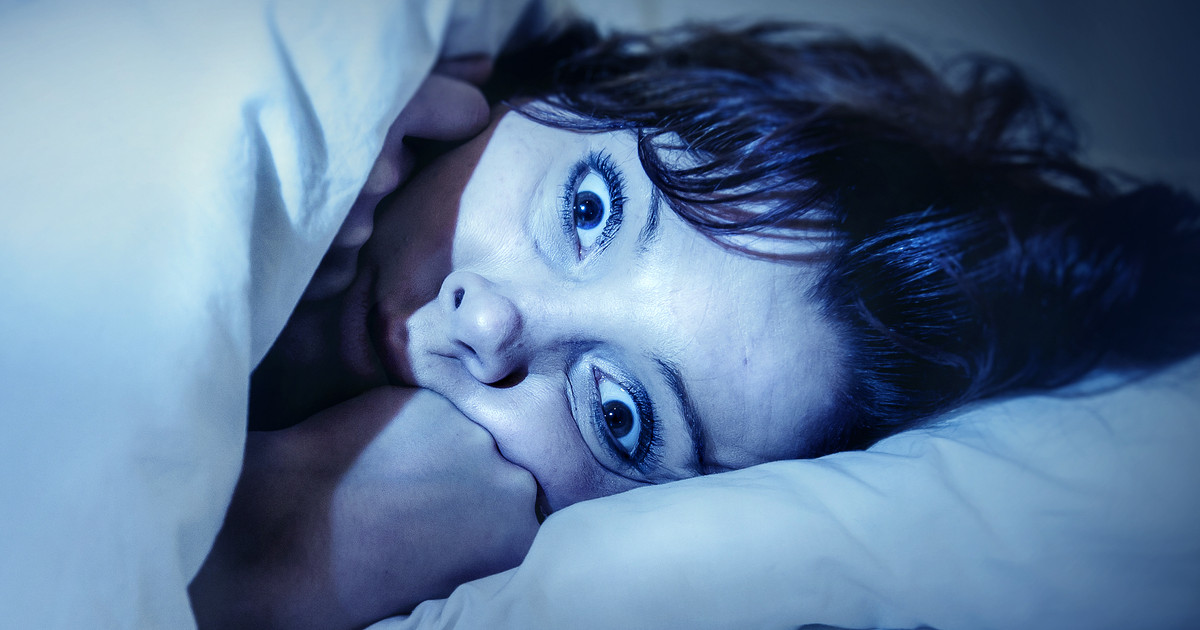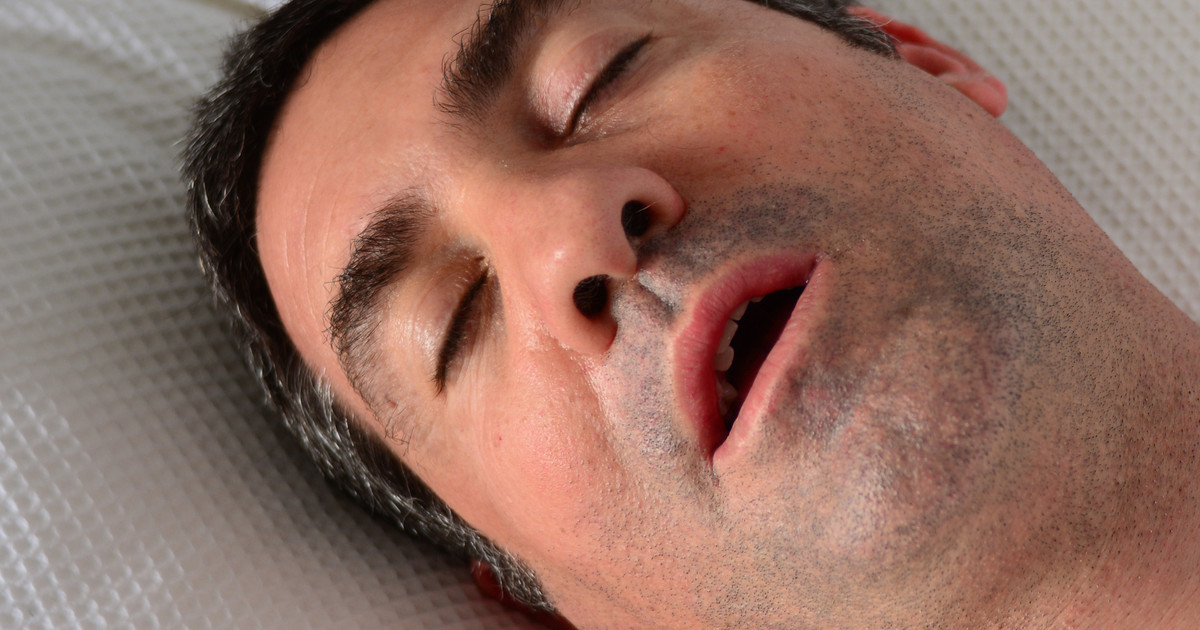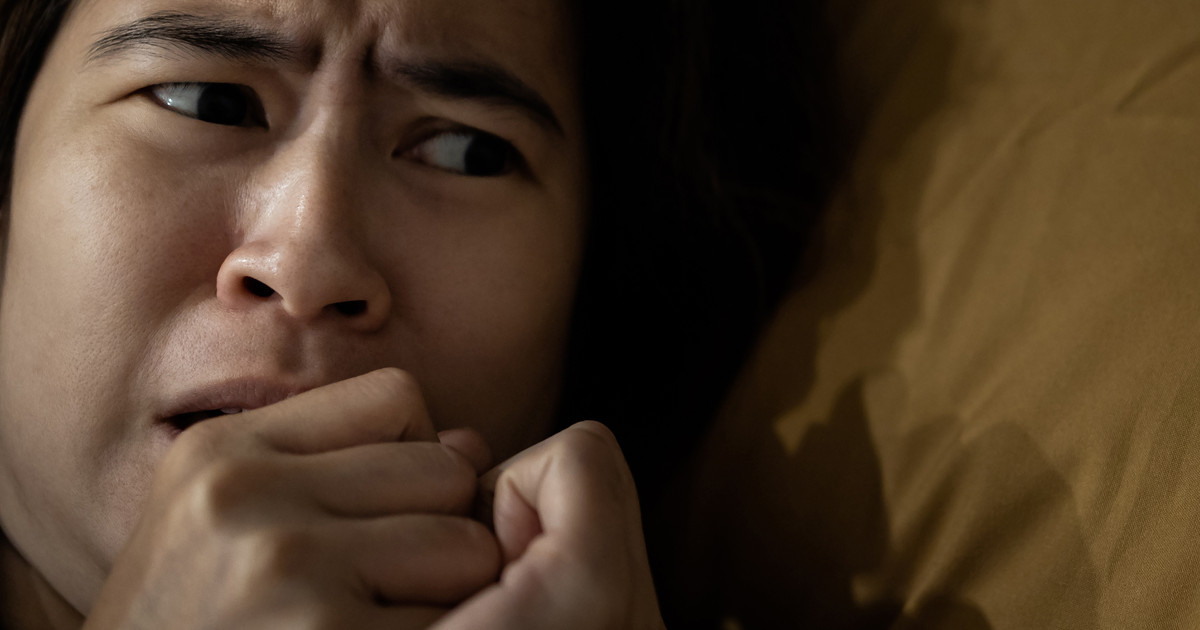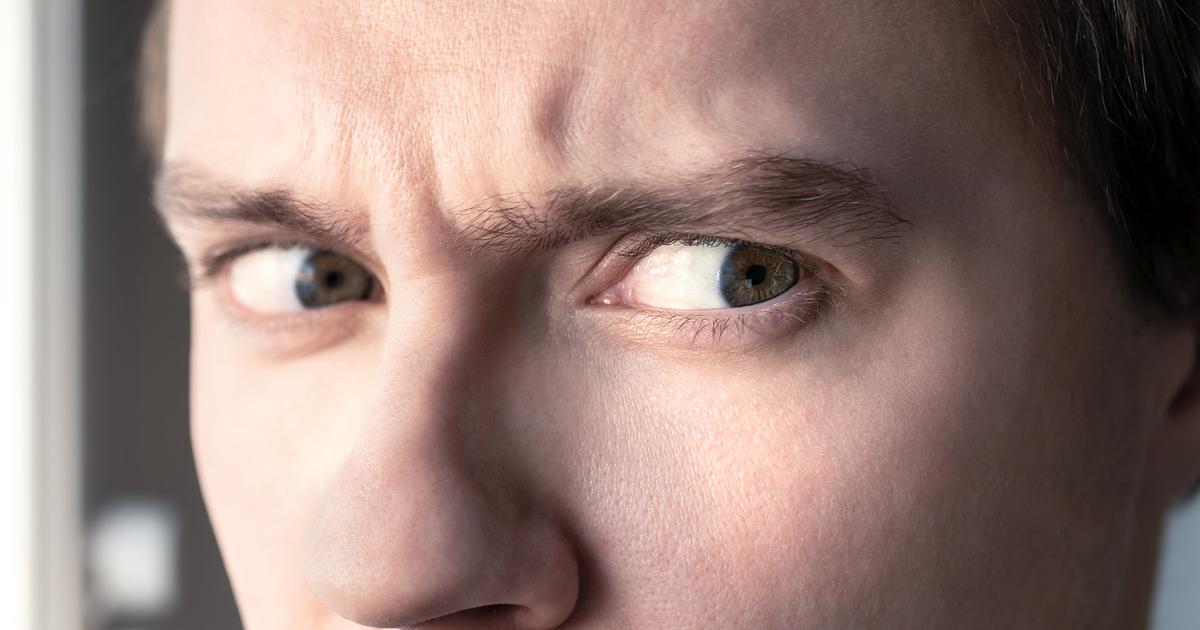Guide To The Symptoms Linked To Sleep Paralysis
Sleep paralysis is a terrifying condition. Patients with this condition experience periods where they are conscious but are not able to move. However, in order to be called sleep paralysis, this feeling must occur at one of two times. Patients will either experience it during the transition from consciousness to sleep or between sleep and wakefulness. In other words, sleep paralysis is the result of a patient's body not smoothly passing through its natural sleep cycle.
In some cases, sleep paralysis treatment is not necessary. However, this is only when cases are isolated. When patients also have narcolepsy, they often need narcolepsy treatment. This may include medications for narcolepsy. Patients may want to try therapy for sleep paralysis so that they can handle their episodes better. Overall, however, natural remedies for sleep paralysis are the most effective. Natural remedies, such as regular exercises and stress management for sleep paralysis, can prevent episodes from occurring and lower their severity if they do still happen. Of course, all of this treatment for sleep paralysis requires a solid understanding of the symptoms.
Inability To Move Or Speak

In many cases, individuals transition smoothly from sleep to being awake and vice versa. Still, sometimes they become uncomfortably aware of their relaxed state. The patient's body is still totally at rest from being asleep, but their mind begins to race. This contrast causes the feeling that, although they are awake, they cannot move or speak. In some ways, this means that their body is split, with the patient's mind being wide awake and frightened and their body still being sound asleep. Naturally, the contrast is exceptionally alarming, making the patient feel as if they are paralyzed. It wears off over time, though it can seem like torture.
Feelings Of Fear Or Impending Doom

When an individual is in danger, their body sends adrenaline racing through their system to prepare it to fight or flee. The adrenaline's side effect is an intense feeling of fear. This is because fear is an excellent motivator for action. The strong feelings of fear or impending doom are common during panic attacks. They are also strong warning signs of sleep paralysis. When a patient's brain realizes that they cannot move, it panics and releases adrenaline to get the patient moving. Sadly, their body is still asleep and cannot move. Thus, their nervous system interprets this as fear and a vague feeling that something terrible is about to happen.
Difficulty Breathing

In sleep paralysis, adrenaline is pounding through the patient's body, forcing their heart and breathing to speed up. The chemical sends blood hurtling to their extremities, giving them the strength and endurance to fight their enemy or attempt to run away. However, in this condition, their body is still unable to move. The patient's breathing and heart rate have increased as if they are running a marathon, but they are at a standstill. Naturally, this causes the patient to feel as if their heart is beating through their chest. They often feel that they cannot breathe or are at least having difficulty breathing. Their chest is still not expanding the way it should either, as it is still immobile. Thus, their lungs cannot expand as far as they should.
Sleep Hallucinations

Many sleep paralysis patients have visual, auditory, or olfactory hallucinations. Researchers know that these hallucinations are associated with the neurological imbalance that causes the paralysis in the first place. However, it is unclear how they are linked. Some experts think that as the patient's body switches from non-rapid eye movement sleep to rapid eye movement sleep or vice versa, a part of their brain is still dreaming. This dream, mixed with being unable to move, suddenly becomes a terrifying nightmare. Other researchers attribute the hallucinations purely to the adrenaline, fear, and lack of movement on the nervous system. Their frightened system is merely throwing anything at their body to see if it can rouse it.
Paranoia

In sleep paralysis, the patient is lying in bed completely awake, though they cannot move. They are frightened and are sure that there is a demon on their chest or an intruder in the room. Although this is labeled as paranoia, many researchers attribute this as the patient's mind trying to explain what is happening to them based on what it believes is evidence. Sadly, this experience lasts long after sleep paralysis has gone away. Patients are typically sure they experienced something.
Thus, even others' attempts to explain it away or the patient's lack of a reasonable explanation may make them feel paranoid. The patient may feel as if others are trying to keep them from finding out the truth, and they are using this to hide what is truly happening. If left unchecked, this feeling can be a lasting problematic effect of sleep paralysis.
